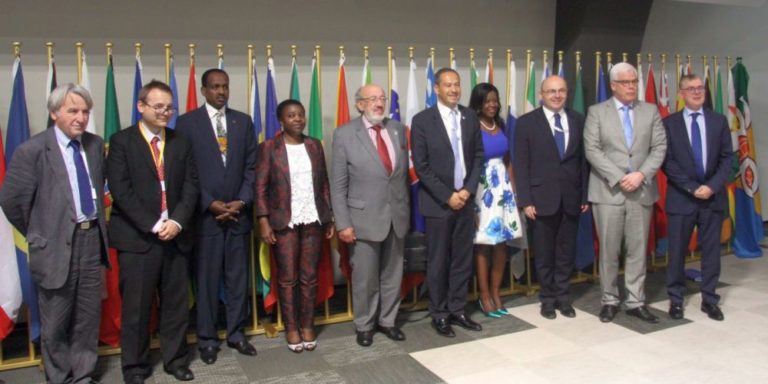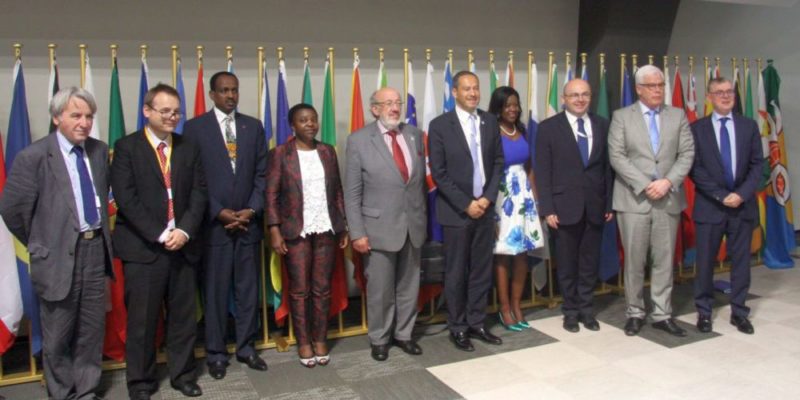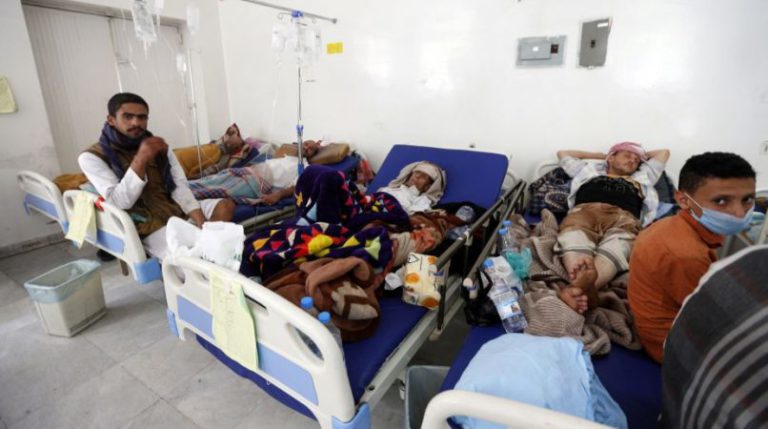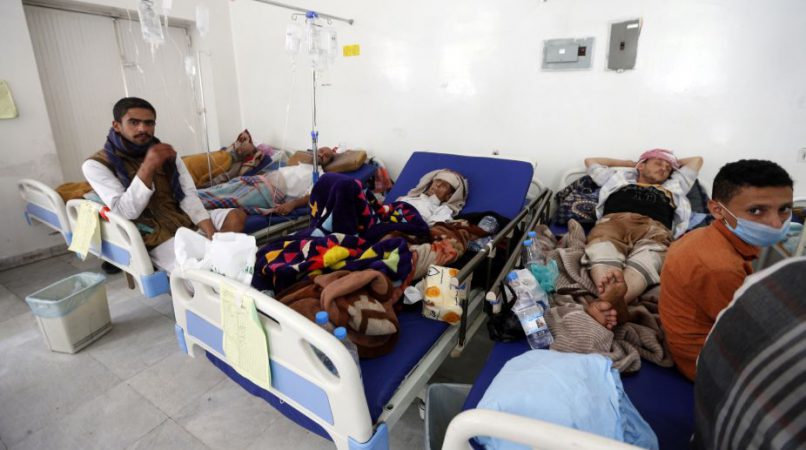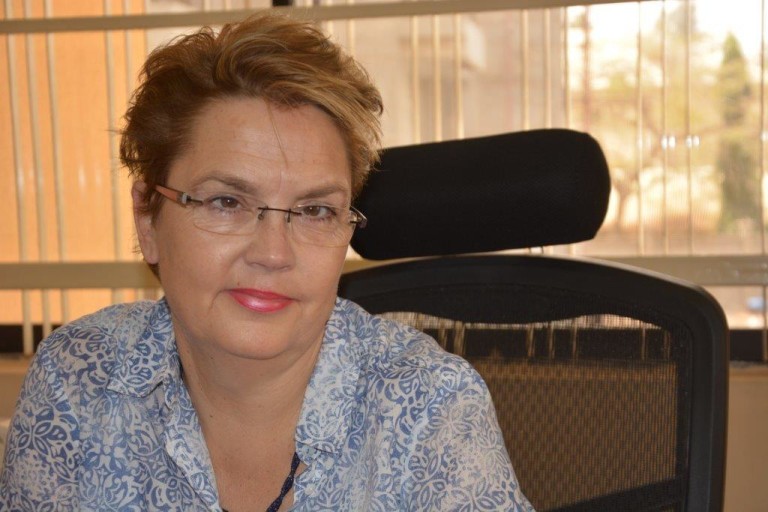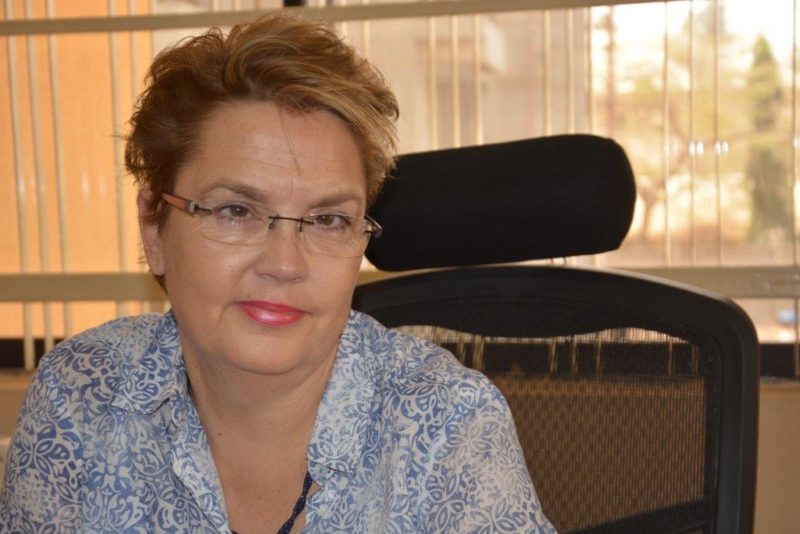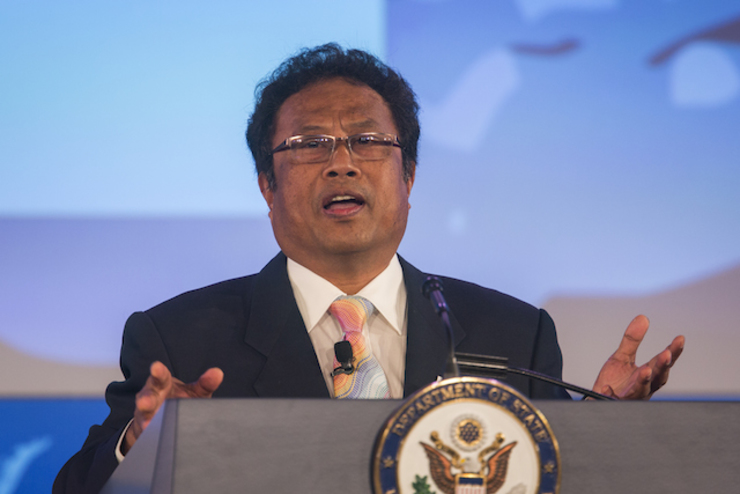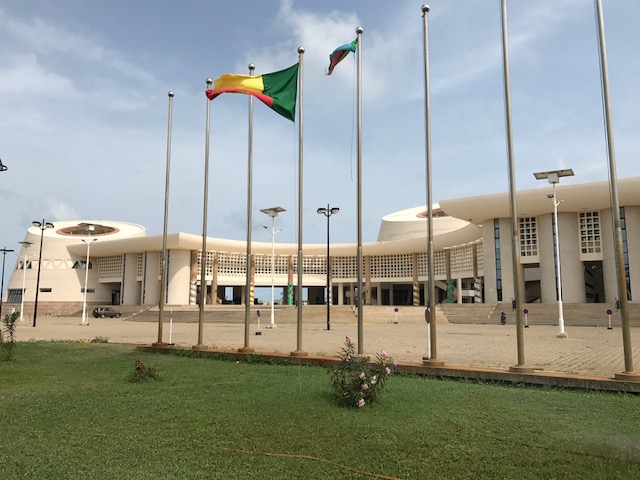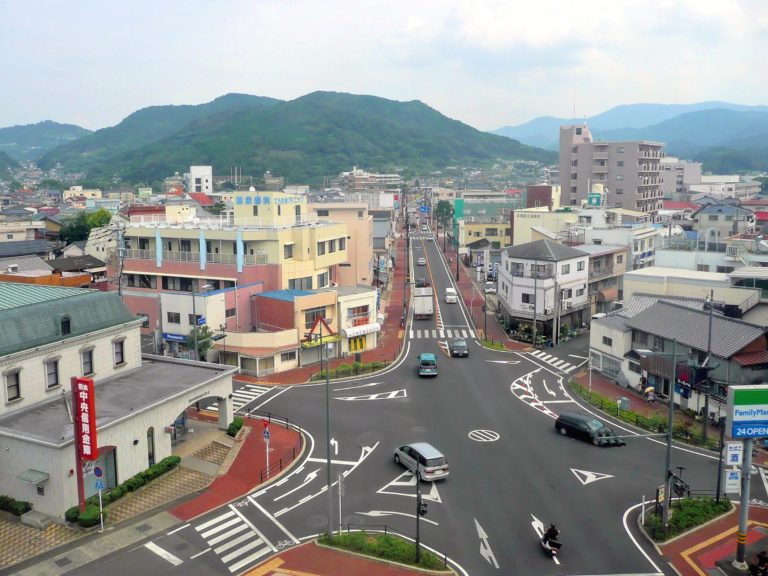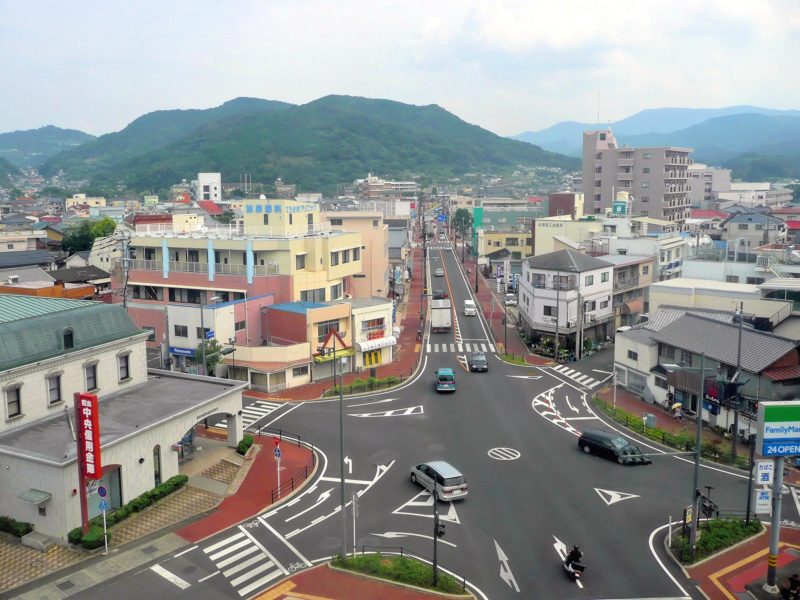The United Nations Development Programme (UNDP) has welcomed Achim Steiner as he begins a four-year term as Administrator of the organisation.

Mr. Steiner’s appointment as the new head of the UN’s lead development agency was confirmed by the UN General Assembly last April, following his nomination by Secretary-General, António Guterres.
The UNDP works in some 170 countries and territories across the world to help them eradicate extreme poverty, strengthen good governance, and prevent and respond to crises.
Steiner, former head of the United Nations Environment Programme (UNEP), will also chair the UN Development Group, which unites the 32 UN funds, programmes, specialised agencies and other bodies that work to support sustainable development.
Speaking after the confirmation of his nomination, Steiner said he was honoured by the Secretary-General’s decision to appoint him as the next Administrator of UNDP, and grateful for the trust and confidence that Member States had expressed in the General Assembly.
“I very much look forward to working with all UNDP staff and UN Member States to continue the fight to end poverty, protect the planet, and promote peace and justice around the world,” he said.
Steiner brings more than three decades of leadership experience in global development issues and international cooperation. He has been described as a passionate advocate for the Sustainable Development Goals and the need for unprecedented global cooperation to deliver on the ambitious agenda.


